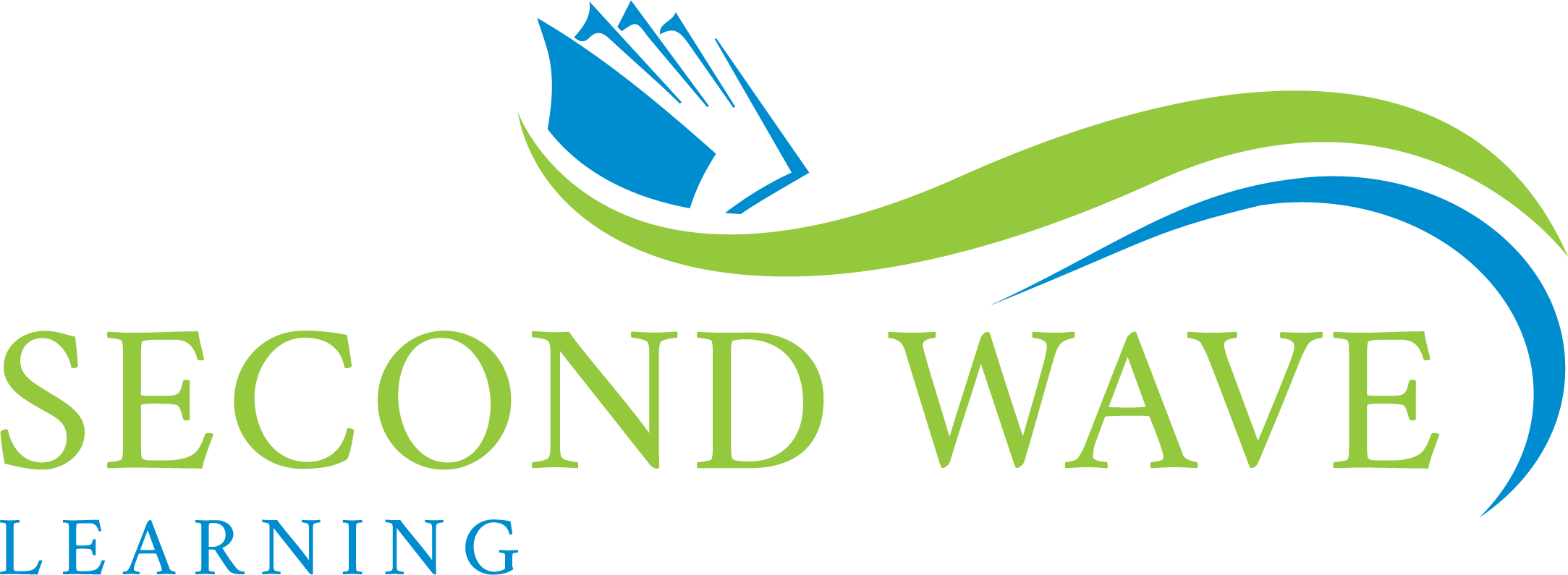December 2023
Despite benefits like increased wages and more flexible work options, U.S. workers are experiencing heightened levels of stress and disengagement that signal a deeper issue in modern workplace dynamics. The situation calls for employers to explore solutions that address the root causes of employee discontent, including fostering more inclusive and supportive work environments, rethinking remote work policies, and enhancing interpersonal connections within teams. (The Wall Street Journal)
Gen Z's reluctance to pursue promotions, particularly individual contributors who are choosing work-life balance over management roles, signals an oncoming leadership crisis for companies who can’t adapt. Employers might consider redefining leadership roles and enhancing support and training to bridge this growing gap in their succession planning. (Visier)
The rise of public pay transparency has led to an “arms race” in employer compensation, with companies broadening their focus from just salaries to a variety of non-cash benefits and perks. This new landscape requires that managers examine their employment offers to ensure that they are competitively meeting the evolving expectations of job seekers. (Zip Recruiter)
Despite the growing availability of “pink collar” roles, men's avoidance of jobs predominantly held by women points to a persistent stigma around feminine occupations and a rigid adherence to traditional gender roles. Any organizations that are able to successfully navigate these gendered perceptions when hiring in traditionally female industries will have access to a larger, more balanced pool of candidates. (The New York Times)
A recent report on office spaces shows that, while companies are increasingly mandating RTOs, a good number are also choosing to reduce their offices’ square footage. Hybrid work presents a unique challenge for these types of organizations – looking to mandate in-person attendance while balancing the costs of underutilized office space calls for both innovative strategies in space management and flexibly timed work schedules. (Robin)
The concept of merit-based flexibility, aligning remote work privileges with measurable productivity, presents a compelling shift from conventional office-centric models. Proponents of this model suggest that focusing on performance outcomes rather than mere physical presence could help organizations achieve higher productivity (and employee satisfaction). (Fortune)
With its focus on employee wellbeing through initiatives like wellness allowances, long holidays, and the practice of “fika”, Sweden’s work culture sets a high standard for organizations looking to foster a positive work environment. This approach could serve as a model for global companies hoping to improve employee satisfaction and promote a more engaged and healthier workforce. (The Guardian)
The modern workplace’s focus on efficiency and digital communication has coincided with a decline in basic interpersonal skills among employees, prompting leaders to actively teach skills like initiating conversations with a greeting. These anecdotes underscore the importance of nurturing soft skills and personal interactions among newer hires, particularly when trying to build a strong company culture. (Business Insider)
